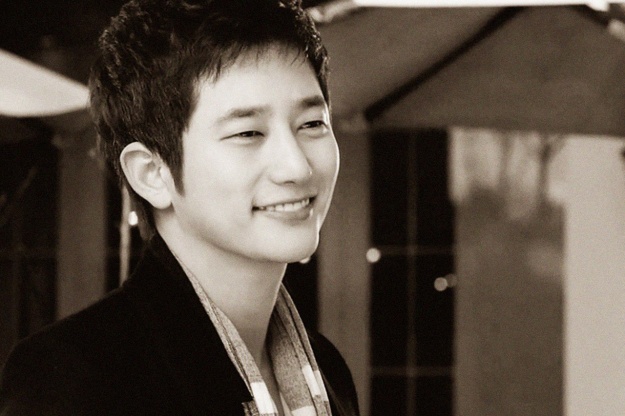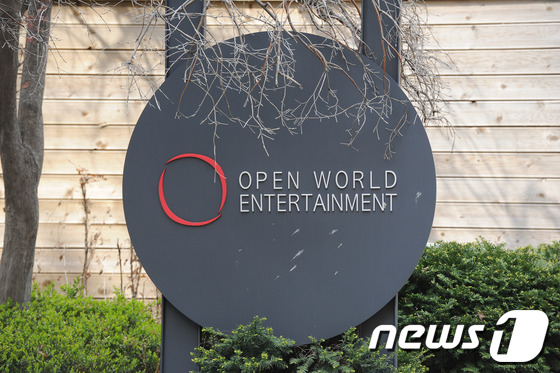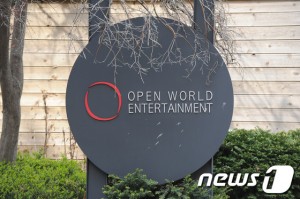 It’s been a few weeks, but the recent Open World Entertainment scandal is far from old news. While the details of the case remain horrific and jarring, things have fortunately taken a turn in the direction of justice: CEO Jang Seok-woo has been officially charged with rape and violation of child protection laws. Though charges regarding Jang’s coercion of male idols to assault female trainees were dropped due to timing and circumstance (rape and assault by means of threat or coercion do not fall under the legal category of rape and must thus be reported within a year of occurrence), that the CEO is now being held accountable for his actions is a step in the right direction and a small victory for all those negatively impacted by his deplorable actions.
It’s been a few weeks, but the recent Open World Entertainment scandal is far from old news. While the details of the case remain horrific and jarring, things have fortunately taken a turn in the direction of justice: CEO Jang Seok-woo has been officially charged with rape and violation of child protection laws. Though charges regarding Jang’s coercion of male idols to assault female trainees were dropped due to timing and circumstance (rape and assault by means of threat or coercion do not fall under the legal category of rape and must thus be reported within a year of occurrence), that the CEO is now being held accountable for his actions is a step in the right direction and a small victory for all those negatively impacted by his deplorable actions.
But Jang’s indictment is not the only significant outcome here — the South Korean government now stands poised to get involved as well. So discomfiting was the Open World Entertainment case that on May 9th, the Ministry of Culture, Sports, and Tourism announced plans to introduce measures that would protect young trainees from being taken advantage of by fraudulent entertainment companies. Following an investigation of existing companies, the Ministry intends to create a database of entertainment companies that are deemed legal according to a set of standards. In order to be considered a legal (and therefore safe) entertainment company, agencies and managers must show proof of sufficient assets to run a 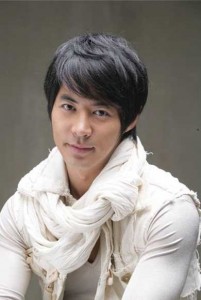 business as well as proof of a registered office building under their name; pending approval, agencies and managers can register with the database. The database, which will also include relevant information dealing with staff size and artists currently being managed under the agency’s name, will serve as a resource for both trainees and their parents, potentially allowing them to safely choose an agency from a reliable list of valid management agencies. Ultimately, the system is designed to prevent companies intent on mistreating or misleading trainees from operating legally while protecting trainees from fraud and other criminal activity at the hands of scam companies. And ultimately, everybody wins and the South Korean entertainment agency becomes a safer place in which to work. Right?
business as well as proof of a registered office building under their name; pending approval, agencies and managers can register with the database. The database, which will also include relevant information dealing with staff size and artists currently being managed under the agency’s name, will serve as a resource for both trainees and their parents, potentially allowing them to safely choose an agency from a reliable list of valid management agencies. Ultimately, the system is designed to prevent companies intent on mistreating or misleading trainees from operating legally while protecting trainees from fraud and other criminal activity at the hands of scam companies. And ultimately, everybody wins and the South Korean entertainment agency becomes a safer place in which to work. Right?
Well. Let’s think about that.
First of all, the South Korean government does indeed deserve praise for actually doing something. Introducing some regulatory measures into what is presently a highly unregulated industry is incredibly important, timely, and wise. Looking out for and protecting minors interested in joining the entertainment industry (and thanks to the current idol group boom, there are quite a lot) is especially important, and the intended database will no doubt set many a parent’s mind at ease.
However, there are two immediate problems with the Ministry’s response and plan of action:
- There is a saying in Korean that goes, “You build a barn after the cow has run away.” This is pretty much exactly what has happened here. The Ministry responded to the needs of young trainee hopefuls only because the situation had become so intolerably bad that they were left with no choice but to take action; in other words, their plan to step in is all well and good, but a great deal of irreparable damage has already been done. This is a bad precedent to set and calls into question the government’s commitment to protect vulnerable citizens.
- Even if these measures, including the database, had been in place prior to the Open World Entertainment case, I’m not convinced that Open World Entertainment would have been deemed an illegal agency. Granted, I don’t have a record of their assets, nor have I actually seen their building, but given that they were housing at least two male idol groups and Shinhwa‘s Jun Jin when the scandal broke, they seemed fairly legitimate. Only an investigation into the actual treatment of trainees would have yielded any sort of suspicion; simply checking out Open World Entertainment’s vital stats on paper probably would not have indicated any sort of illegal or fraudulent activity.
Essentially, the problem is this: the government’s plan is just a bit too-little-too-late and fails to really solve any of the major issues that plague the entertainment world and the artists and trainees involved in it. Are there fraudulent agencies whose businesses will ultimately be snuffed out by the new regulations in place? Sure. But there are plenty of “legal” agencies that mistreat both their trainees and their idols on a daily basis — and the government’s plan of initiating preventative measures does absolutely nothing to help them. Protecting those who will potentially join entertainment companies is important, but what of those who are already signed to them?
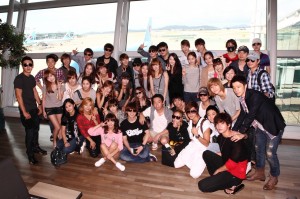 Defining an entertainment company’s legality in terms of numbers and property hardly gets at the root of the matter, which is that many entertainment companies blatantly violate the basic rights of those under their stewardship without suffering any sort of significant consequence. There can be no question that the Big 3 entertainment companies (SM Entertainment, YG Entertainment, and JYPE) would be legal a thousand times over under the specifications of the government, but I’m fairly sure that all three companies engage in some degree of illegal (or at least highly immoral) business practice or severe mistreatment of those in their employ. Being “legal” does not mean that you do not do illegal things; it simply grants an agency permission to operate under the government’s protection. It is for this reason that likely very little will change in the entertainment world as a result of government action this time around.
Defining an entertainment company’s legality in terms of numbers and property hardly gets at the root of the matter, which is that many entertainment companies blatantly violate the basic rights of those under their stewardship without suffering any sort of significant consequence. There can be no question that the Big 3 entertainment companies (SM Entertainment, YG Entertainment, and JYPE) would be legal a thousand times over under the specifications of the government, but I’m fairly sure that all three companies engage in some degree of illegal (or at least highly immoral) business practice or severe mistreatment of those in their employ. Being “legal” does not mean that you do not do illegal things; it simply grants an agency permission to operate under the government’s protection. It is for this reason that likely very little will change in the entertainment world as a result of government action this time around.
What South Korea really needs (in addition to the potential entertainment agency database) is a set of laws that protect trainees once they’ve made the cut and signed with an agency — laws that protect them from unrealistic and inhumane working hours, laws that ensure them proper rest and healthcare when they are ill (not this IV-drip BS), laws that enable them to feel like human beings with jobs instead of human machines designed exclusively for our 24/7 entertainment, and laws that give them an escape route if they feel that they are being unfairly treated. Without these, the entertainment industry really will continue to be a problematic realm, a place where the dreams of hundreds of young people will be crushed by the reality of their utter powerlessness against the agencies that own them. Without these, we will continue to see lawsuits, months-long legal battles, and perhaps even horrific scandals such as the one involving Open World Entertainment.
I sincerely hope that the recent OWE scandal will inspire the South Korean government to not only take preventative measures against entertainment company fraud, but to become actively involved in safeguarding the well-being of their entertainers and idols.
What do you think, Seoulmates? Will the new government measures have an impact?
(Naver, Naver News)


